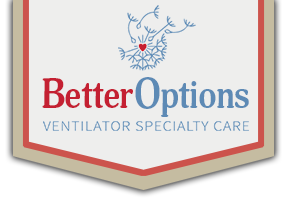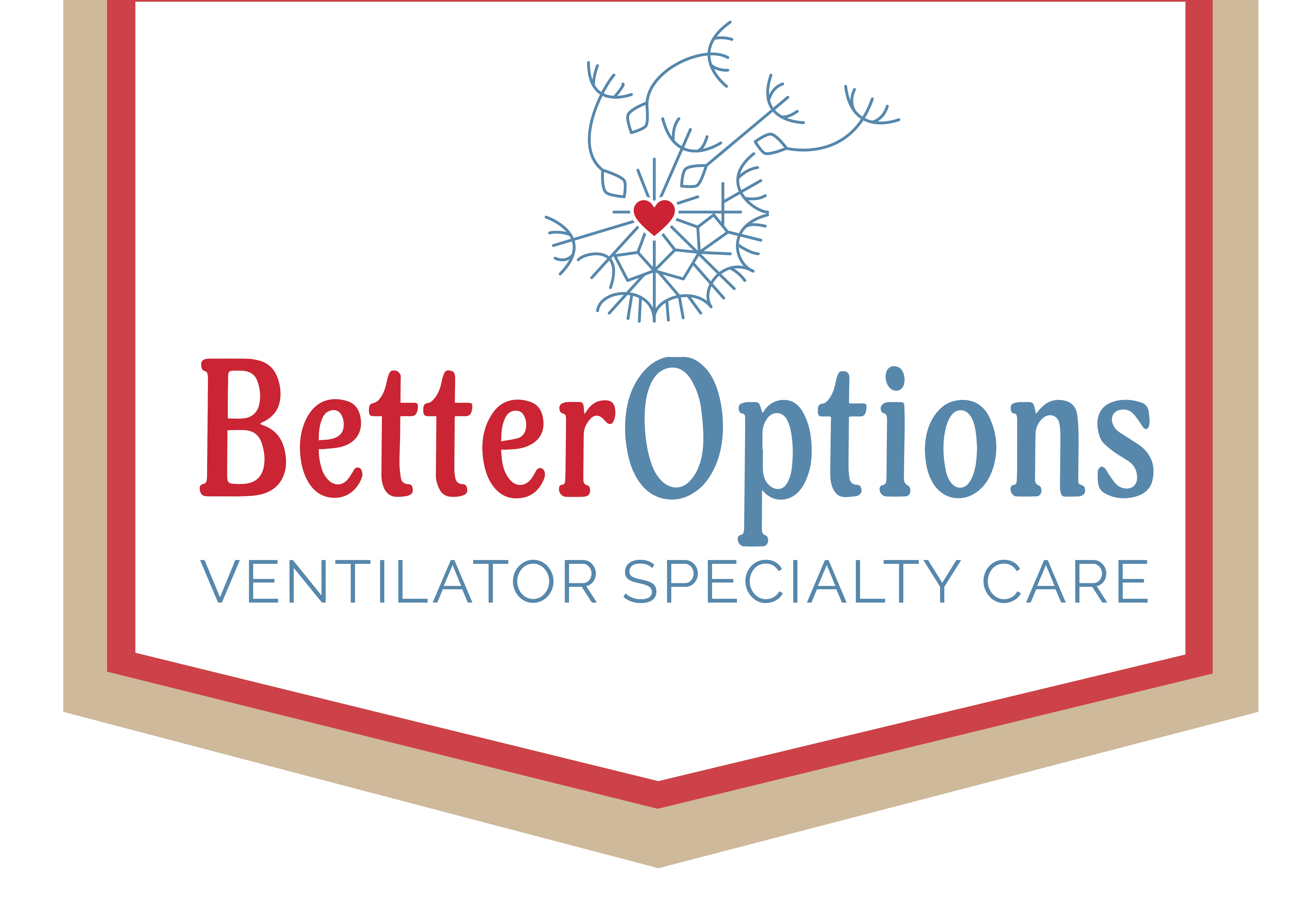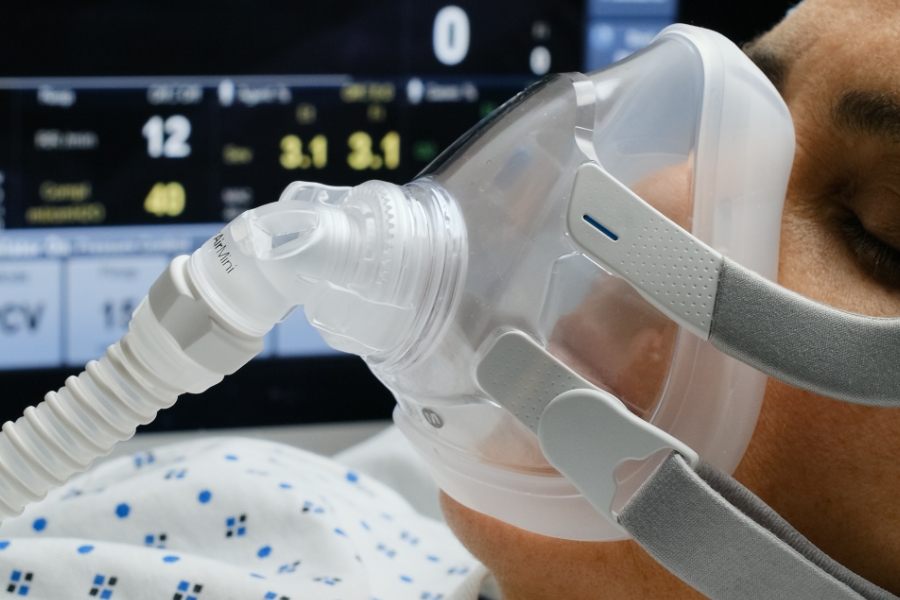Ventilated patients are prone to infections and VAP due to weak immunity systems especially when exposed to invasive ventilation for longer periods. The care of ventilated patient thence becomes the priority to avoid possible health threats and certify the overall well-being of the patient. Given that, health providers and caretakers adopt special measures including oral care, equipment safety, skin integrity, nutritional, and surrounding hygiene to eradicate the risk of any possible threat to the health of the ventilator-dependent patient.
This article highlights some key practices that can elevate the hygiene of the ventilated patient and can increase the survival rate of that patient.
Oral Care of Ventilator Dependent Patient
VAP, ventilated associated pneumonia, is a common outcome and cause of death in patients put on artificial breathing support system. Sensing the danger, patient is advised to provide oral care on regular intervals, probably after every 2-4 hours depending on the condition of the patient and risk associated, to block the entry way of infections. It is observed that good oral care reduces the chances of VAP to 60% in ventilated patients. Also, there is chance to lose prior care benefits if care is not provided for longer than 6 hours. Given that, regular teeth brushing, use of mouthwash and oral cleansers like CHG (Chlorhexidine oral rinse) and povidone-iodine, proper hydration and suctioning of secretions are considered significant part of oral hygiene program of a ventilated patient.
Equipment Hygiene Is Also Important For Proper Care of Ventilated Patients
The patient shifted to ventilator needs to swallow a tube passing down the throat into airways to assist breathing and in some cases feeding tubes. The patient could be septic from the insertion point both at the time of insertion and even later phases of treatment, if not handled carefully and hygienically. It is thus required to adopt antiseptic measures strictly not only during insertion but also afterwards to avoid potential health risks. Washing hands and use of clean pair of gloves each time handling tubes, regularly disinfecting feeding tubes as well as using water and soap solution to disinfect surrounding area of tube are the measures that seem routine matters for healthcare providers but can add more to patient’s health when it comes to ventilated patients.
How To Take Body Care of Patients On Ventilator
Immobility in the patients, dependent on ventilator for long time can cause body rashes or pressure ulcers which not only manifolds the suffering of patient but also barriers the healing process. As an estimate about more than 2 million patients suffer from bed sores every year in USA only, irrespective of all preventive measures, and the facts around the world show some scary figures. It is thus the priority of care takers to maintain skin integrity of the patient while following measures like frequently repositioning the patient on intervals, check for rashes on the areas prone to bed sores, use of hygienic products to avoid clutter of germs and use of specialized pressure releasing mattresses and cushions. Keeping the surrounding of the patient clean, ventilated and sterile also plays a crucial role in minimizing chances of pressure ulcers.
Final Thoughts On Hygiene Care of Ventilated Patients
Wrapping up, the survival rate of ventilated patient can be improved if he is provided with due care during his treatment. By performing some routing rituals like oral care, regular body checks, clean ambience and use of physician recommended hygienic products patient can be guarded from potential health risks. One important step in achieving this milestone is educating the family and care takers regarding dos and don’ts of hygiene for a ventilated patient as well why and how.
Best Facility For Ventilator Dependent Patients in Vancouver, WA, USA
BetterOptions is the best facility in Vancouver, WA, USA where long term care of ventilator dependent patients is provided, round the clock. With best equipment and highly skilled medical staff, your loved one will right care and treatment. Call Us Now (+01) (360) 607-8028) OR Send An Email for more information.


